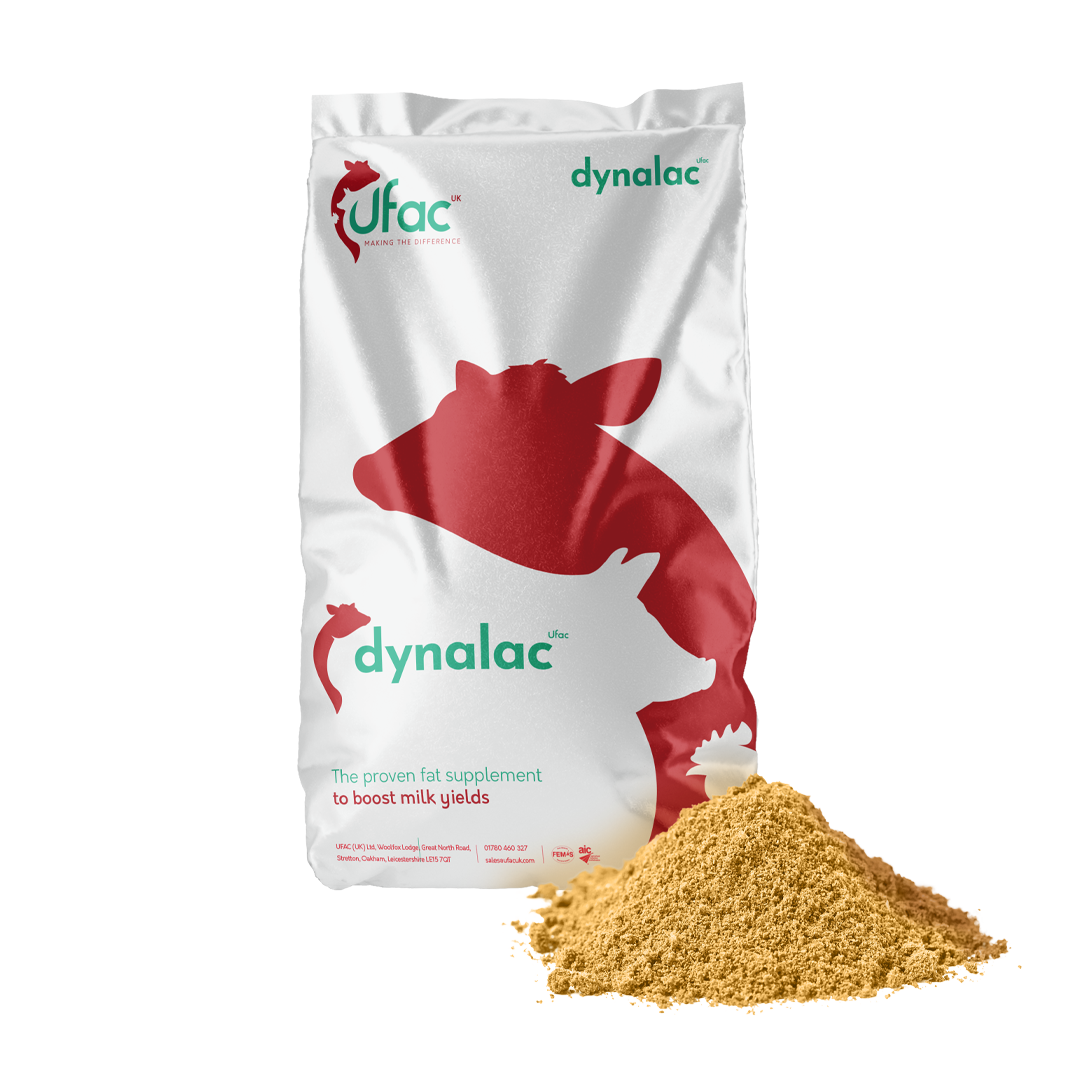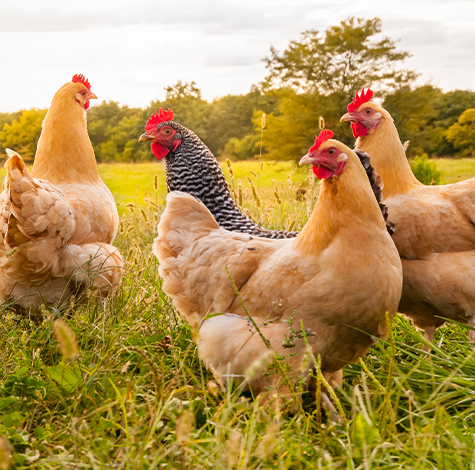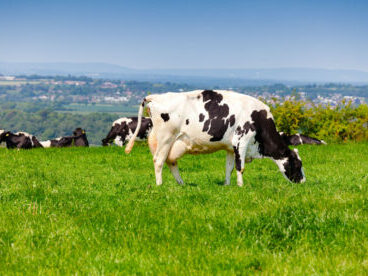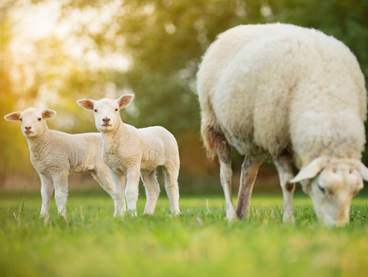Nutrition and cow performance are closely linked. A high-producing dairy cow requires a diet that supplies the nutrients needed to ensure high milk yields.
Most of the essential amino acids, minerals and vitamins needed for high milk yields and overall herd health are supplied through dry forages. However, unpredictable forage quality and rising prices are expected to put added pressure on dairy farmers this winter. Providing the right amount of essential nutrients through balancing forages will help maximise efficiencies during the colder months.
Due to unpredictable forage quality this year, it is essential to understand the genuine energy value needed for the cow to perform as expected.
Forages
Forages are the foundation on which a balanced ration is built. Typically, grain mixes complement forages and provide a more concentrated source of nutrients.
The nutrients needed to achieve a balanced ration depends on many factors, including;
- Type of forages fed
- Quality of forages fed
- Size of cow
- Stage of lactation and body condition of each cow
- The amount of body condition or fat expected to be lost
- The amount of body fat gain desired
- Age of the cow
Silage analysis
Regular monitoring and analysis will enable you to balance forages and maximise efficiencies this winter. These adjustments and additions to your dairy cow’s diet can have a significant impact on performance, health, fertility and margins.
Silage analysis is crucial in fully understanding the quality of your forage and in supplementing essential nutrients and amino acids effectively.
A NIR analysis is a basic analysis for silage and will tell you what you need to add to optimise your cow’s diet and overall health and maximise yield and productivity. In the lab, they will only use 100g of silage for analysis, so taking a mixed sample from 4 or 5 different places is essential to ensure you get a fair representation of what your cows get when feeding.
Cows don’t produce milk from silage but from the feed digested once it has fermented in the rumen. Unless the rumen is balanced, cows will not perform as expected.
Most farmers tend to focus on metabolisable energy (ME) and crude protein when assessing the quality of their silages. However, it is important to consider how a feed will perform in the rumen and the type of supplements needed to best balance the diet of your dairy cows.

UFAC products to help balance forages;
dynalac
dynalac is a proven fat supplement for high-yielding herds. It can increase dietary energy density to reduce body condition loss and improve overall production, health and fertility.
dynalac’s unique combination of fatty acids helps meet the energy needs of milking cows while supplying the specific nutrients required for optimum performance when intakes are suppressed.
glycerene
glycerene boosts rumen-inert energy supply to transition and fresh-calved cows, helping them settle into lactation and achieve high dry matter intakes while minimising body condition loss.
glycerene’s greater glucose supply reduces the need for the cow to mobilise body fat to provide additional energy.
glycobuf
glyco-buf is a unique calcium-glycerol product developed to help maintain optimum rumen health and fibre digestion. It has been designed to improve rumen health in high-yielding cows during transition and early lactation.
supacream
supacream is a balanced fat supplementation to optimise milk yield and composition while promoting better herd health and fertility.
supa-cream is the ideal fat supplement to boost energy when cows are managed as a single milking group. It is the balanced replacement for calcium soaps and hydrogenated fats.
Interested in learning more about UFAC products? Fill out the form below, and a member of our team will be in touch with more information, or contact our Regional Business Managers directly.
Mark Townsend
M: 07788 294 539
South West and Wales
Richard Lapthorne
M: 07788 963 487
North England and Scotland
James Hastings-Molyneux
M: 07538 763 832
South East and Mildlands


 Back to News
Back to News 



